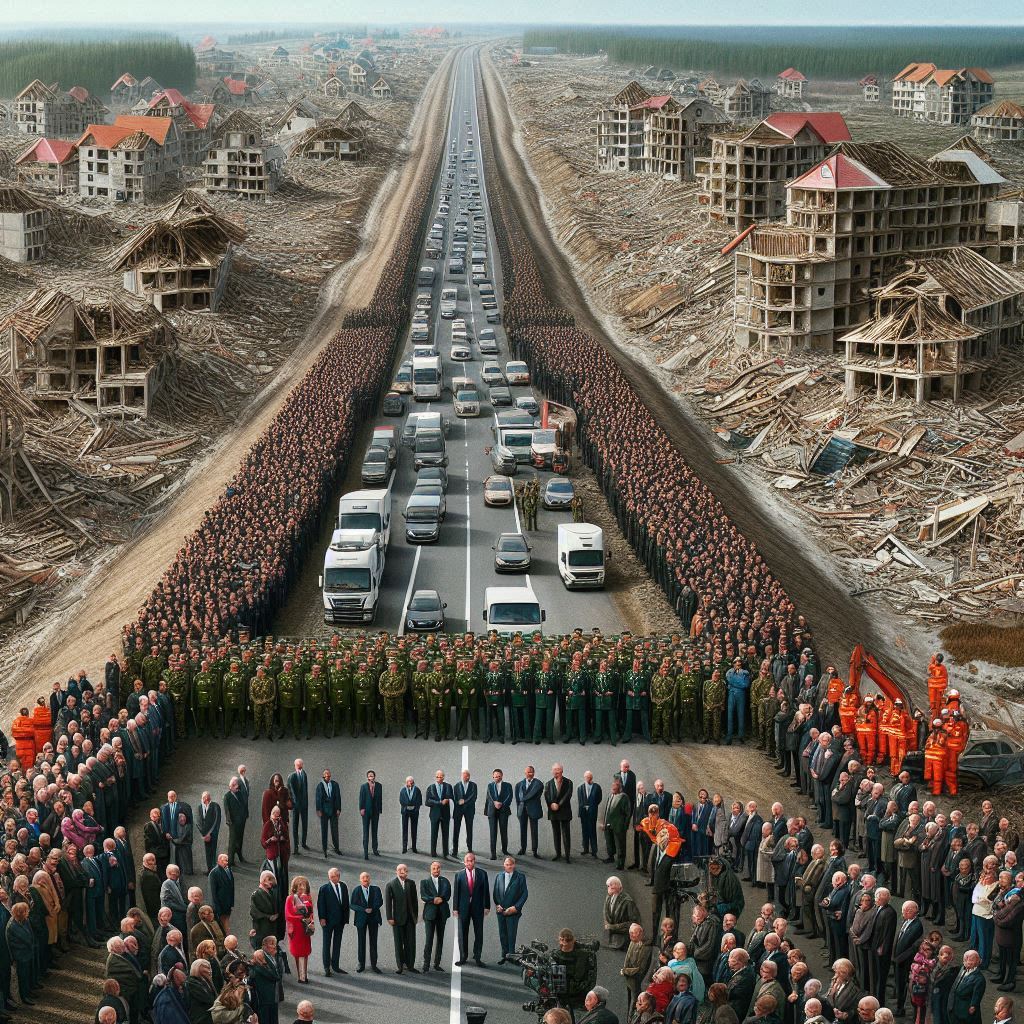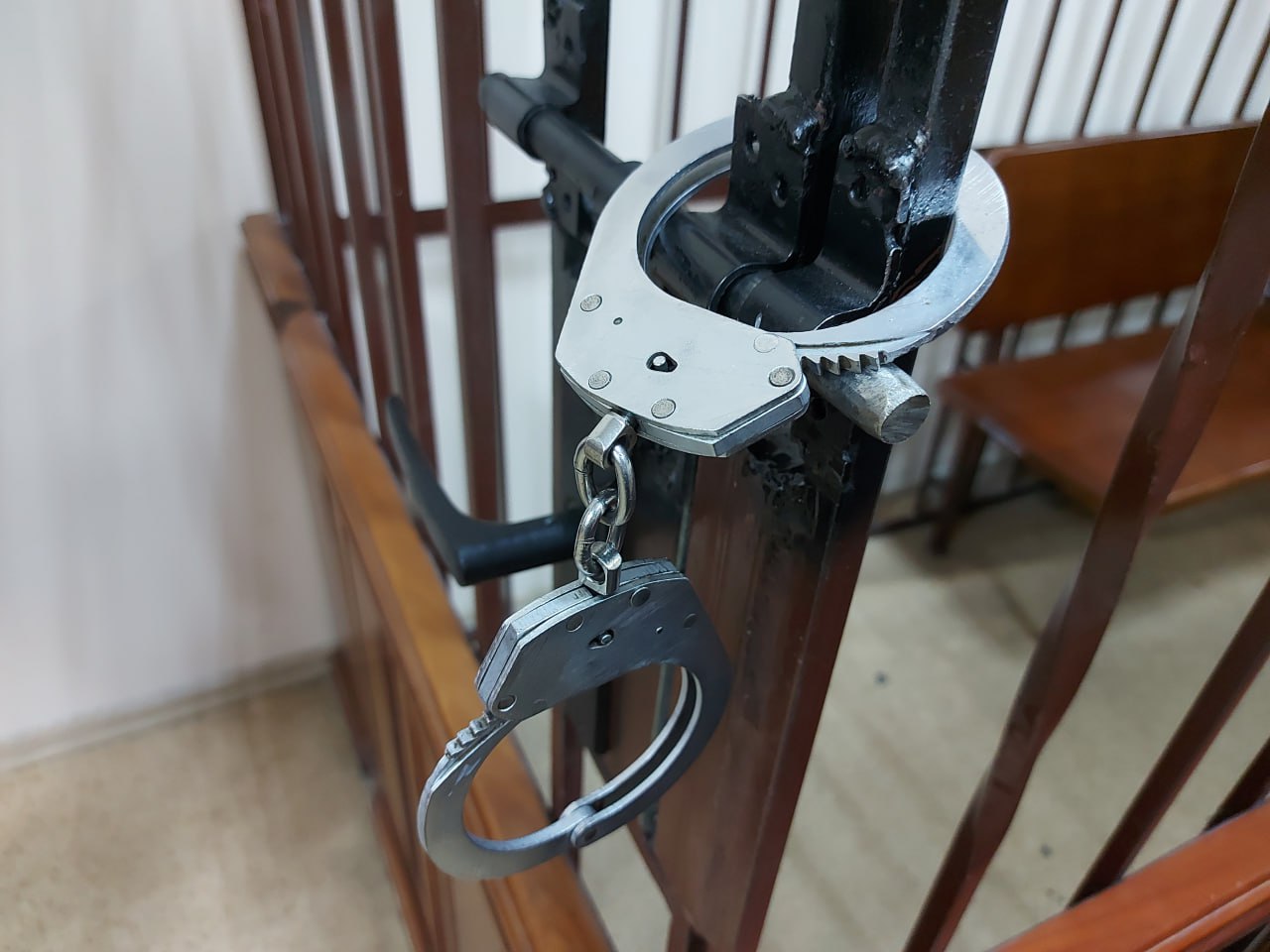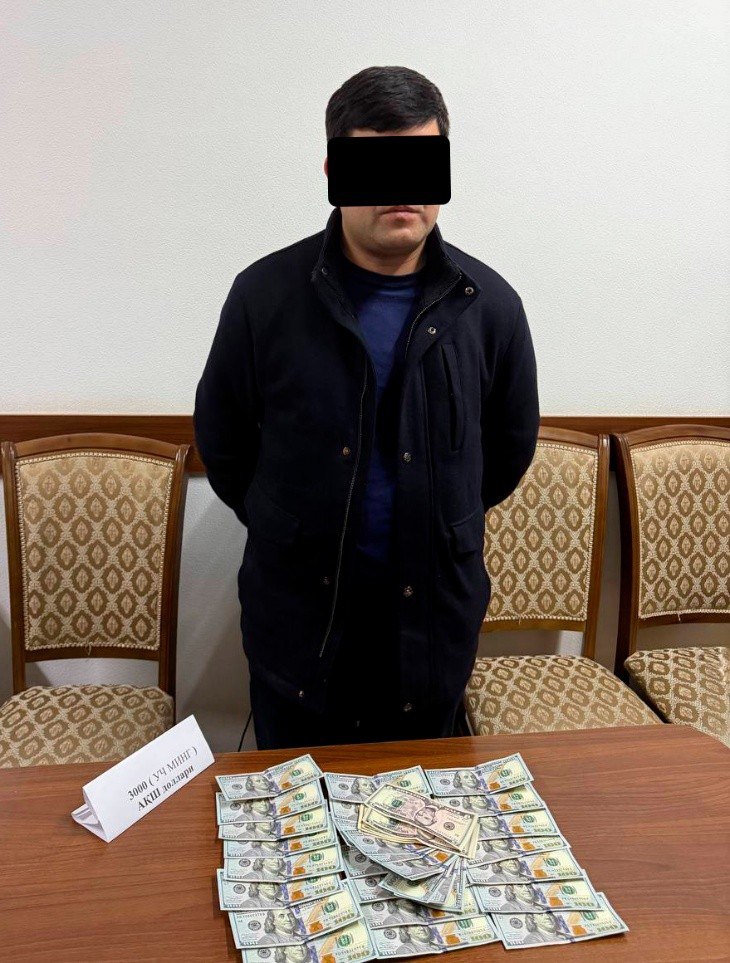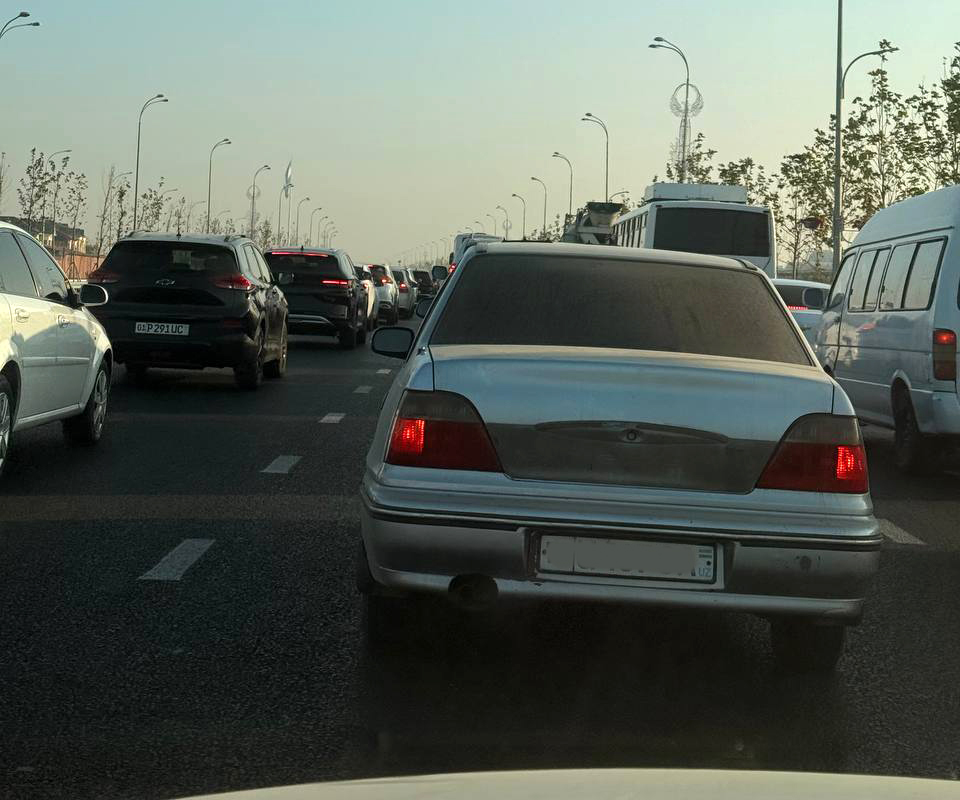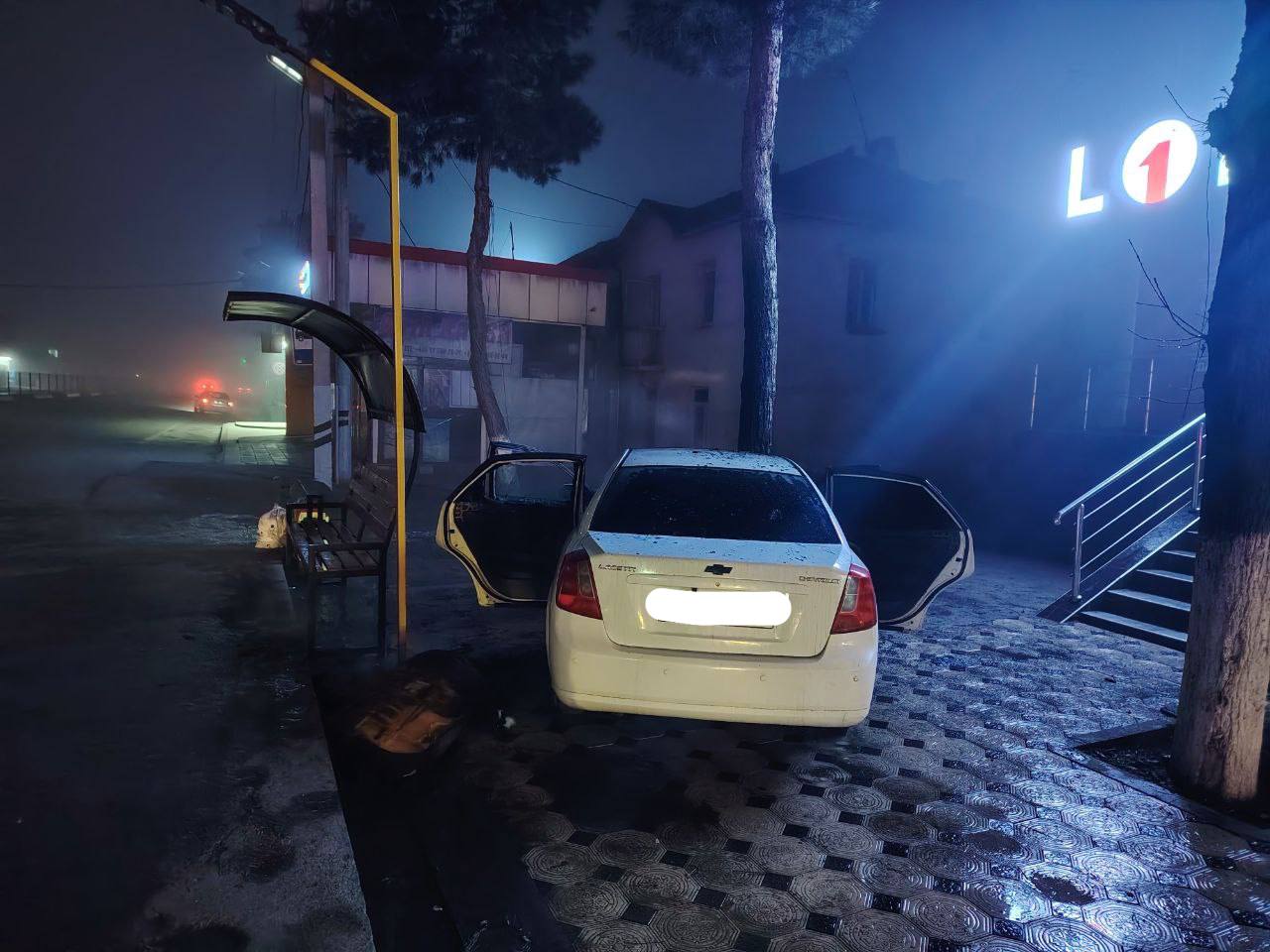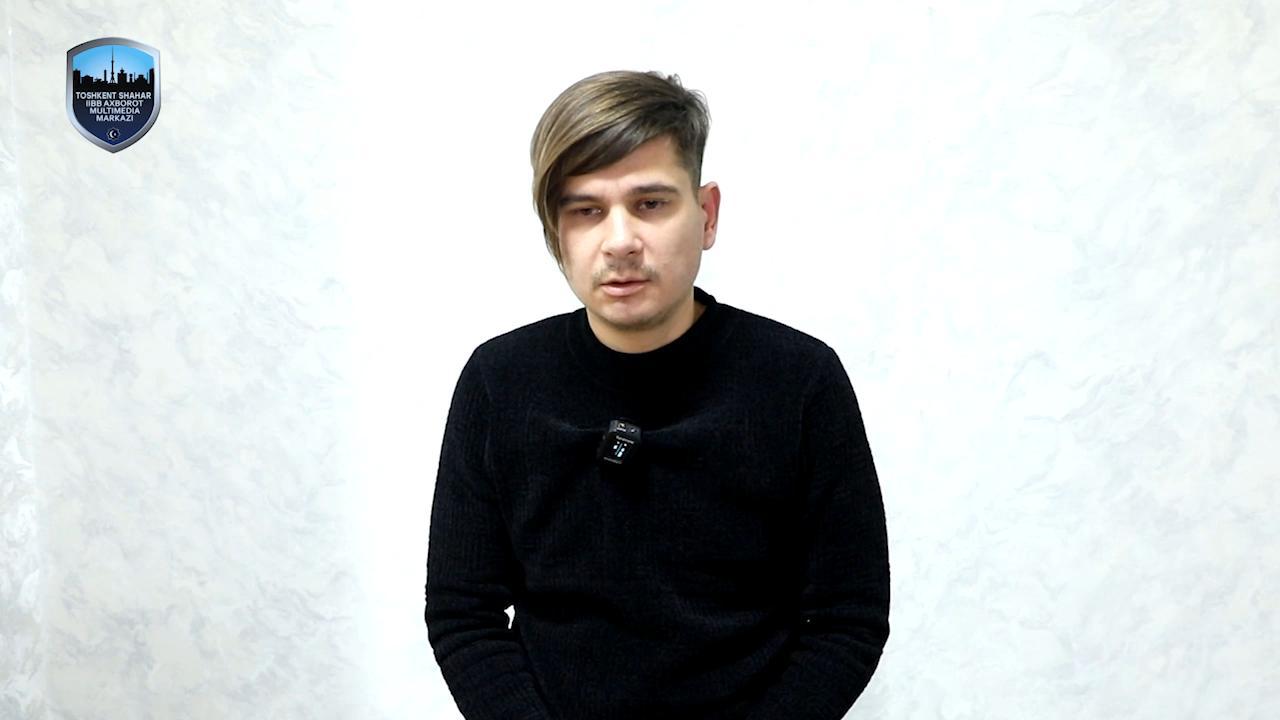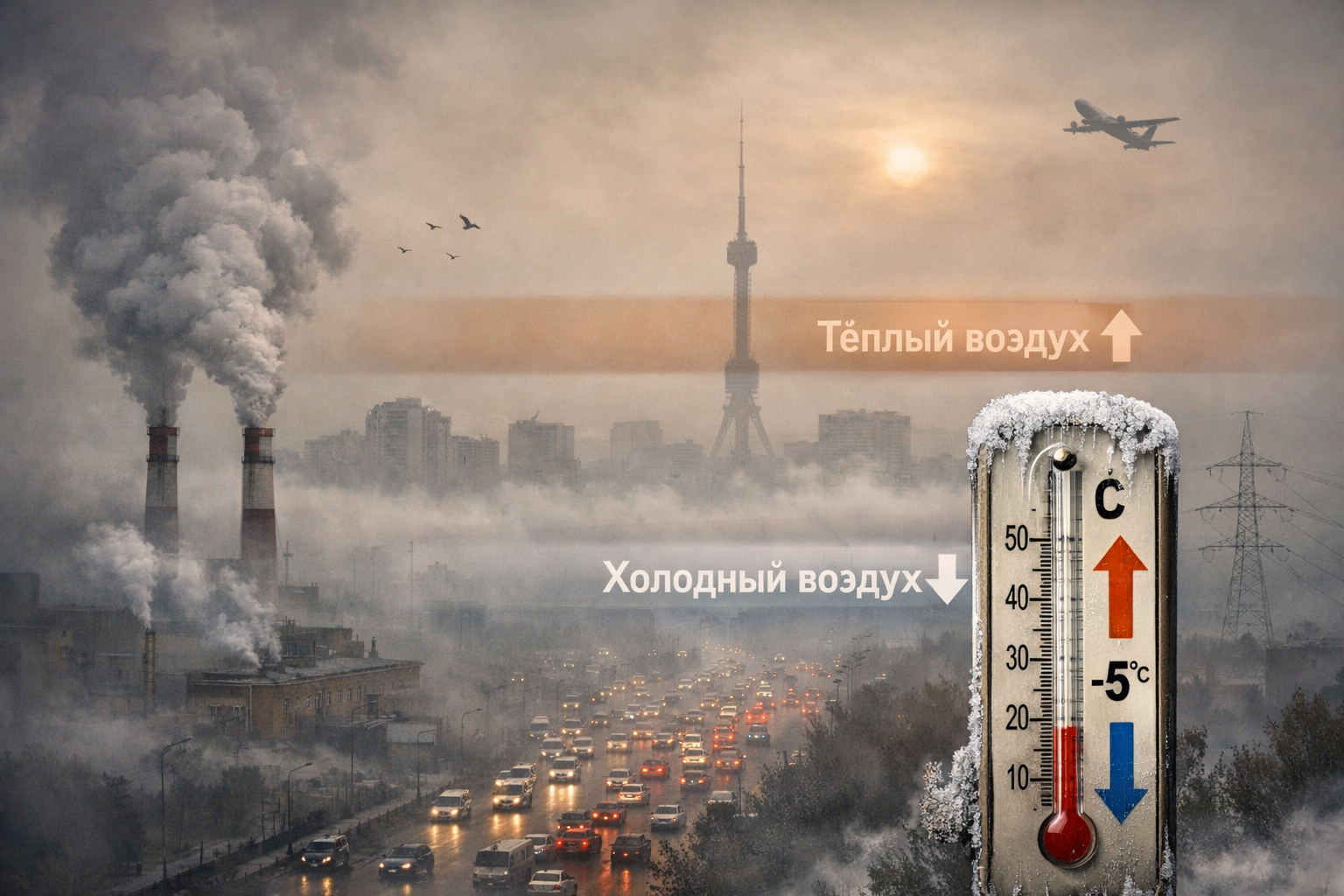Мы все давно привыкли к тому, что во время визитов президента местные чиновники превращаются в настоящих «волшебников», пытаясь за несколько дней сделать то, про что забывали годами. Эта показуха – излюбленная практика, чтобы пустить пыль в глаза, как президенту, так и населению, и не потерять свои кресло. Хуже всего то, что проблема показухи в Узбекистане уже давно стала частью государственной системы. Практически каждую неделю мы видим, как местные чиновники в разных частях страны стремятся создать иллюзию бурной деятельности перед визитом главы государства. И делают они это не для того, чтобы улучшить жизнь людей. За этим фасадом стоит лишь бессмысленная трата бюджетных средств и разрушенные надежды. И недавний случай в Алмалыке, где спустя день после визита президента обвалился асфальт, яркий этому пример.
Когда президент собирается посетить определённый регион, для местных хокимиятов это сигнал: срочно навести внешний порядок, независимо от того, что происходит на самом деле. Мы все помним случаи, когда деревья экстренно высаживали накануне визита, красили фасады, укладывали асфальт в дождь и снег, чтобы к моменту приезда казалось, что всё «в порядке». Но это лишь временная мишура, которая исчезает с первым дождем, как это произошло в Алмалыке.
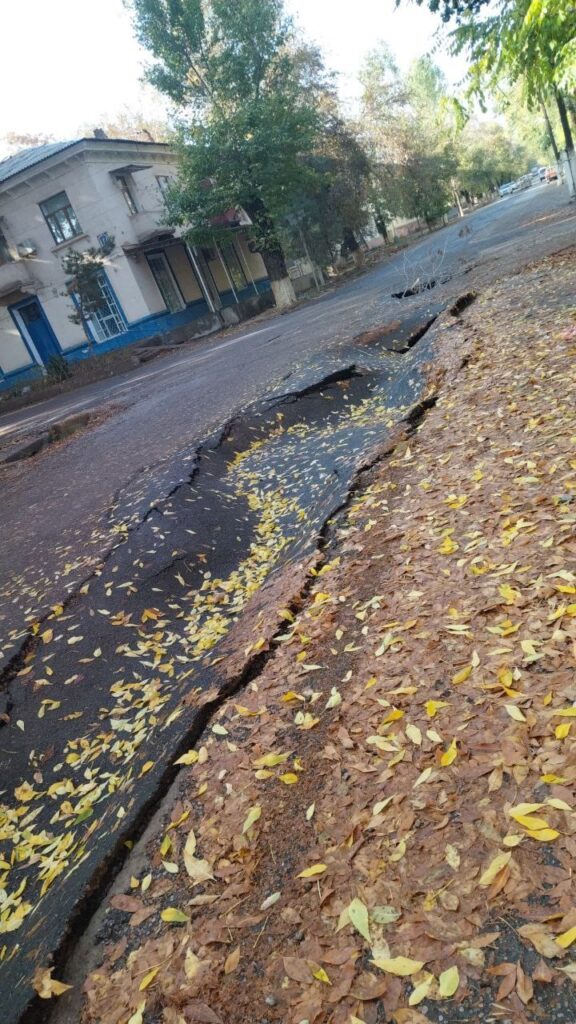
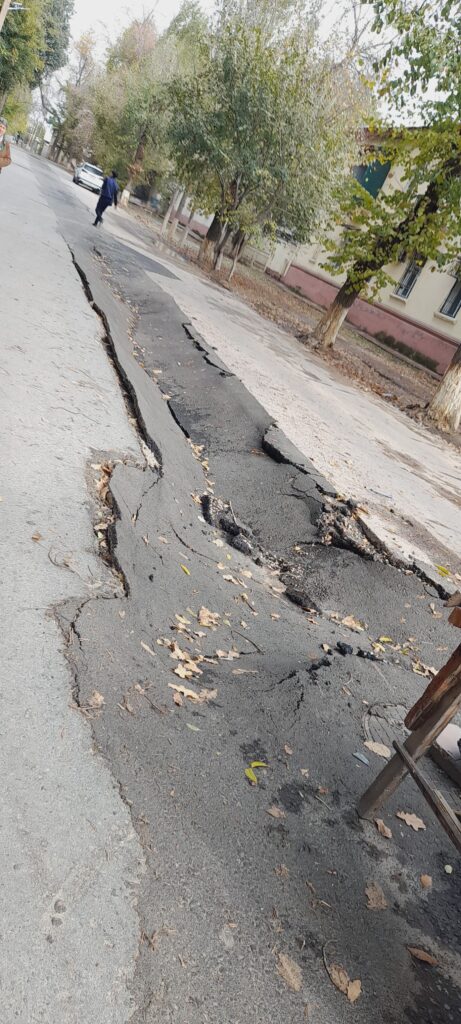
После визита президента в этот город, жители с ужасом увидели, что недавно уложенный асфальт «обвалился» буквально через день. Как заметила одна из горожанок в сообществе «Потребитель.уз», дороги рухнули после первого же дождя, который прошел 15 октября. Все усилия и бюджетные средства ушли в никуда, потому что работы проводились впопыхах, а качество выполнения было очевидно низким.
Ситуация не ограничивается дорожными работами. В Янгиюльском районе перед недавним визитом президента поля «вспахали» и раскидали детали для системы капельного орошения. Но, как оказалось, эти системы даже не были подключены и использовались лишь для того, чтобы создать видимость инноваций. Кто выигрывает от такой имитации? Ответ ясен: только чиновники, которые пытаются скрыть свои провалы за красивой картинкой.
Проблема показухи — это не просто эпизодические случаи плохого управления. Это системная проблема, которая приводит к разбазариванию огромных бюджетных средств. Деньги, которые могли бы пойти на реальные улучшения жизни людей, расходуются на временные решения, которые разваливаются буквально через день. Всё это — ради того, чтобы обмануть вышестоящие власти и продлить пребывание на своих постах.
Однако больше всего поражает то, как легко можно разоблачить эти «благоустройства». В эпоху интернета и социальных сетей люди моментально делятся своими наблюдениями и жалобами. Показуха перед руководством страны может сработать, но народ уже давно перестал верить в такие постановки.
Корень проблемы лежит в отсутствии подотчётности и реального контроля. Когда чиновники не несут личной ответственности за результаты своей работы, они начинают стремиться к краткосрочным, видимым результатам, которые создают иллюзию успеха. Вместо того чтобы заниматься системным развитием, они тратят бюджет на косметические ремонты, зная, что если что-то пойдёт не так, последствия не будут для них серьёзными.
Первый шаг в борьбе с показухой — это усиление подотчётности чиновников и прозрачности их действий. Необходимо внедрить механизмы, которые будут фиксировать качество выполненных работ, а также создать независимые комиссии для оценки эффективности расходов бюджетных средств. Но главное — нужно, чтобы на местах был реальный контроль и требование ответственности за конечный результат.
Второй шаг — это вовлечение граждан в процесс принятия решений и контроль за работой чиновников. Активное гражданское общество и возможность обсуждать проблемы открыто помогут вскрыть все случаи имитации и неэффективности.
Пока показуха будет оставаться частью государственной системы, реальных изменений в стране не произойдёт. Чиновники продолжат расходовать средства на «красивые картинки» вместо решения насущных проблем. Но люди больше не хотят быть зрителями в этом спектакле, и чем раньше начнётся борьба с этой практикой, тем лучше для всех.

